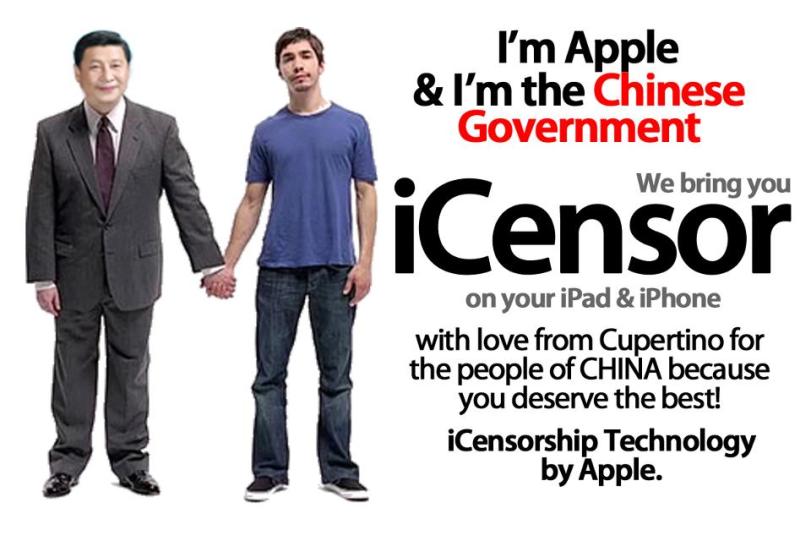China's state-owned Telecom company is now storing iCloud data. iPhone users aren't excited about it.
BY DANIEL VAN BOOM
There are over 130 million iPhone users in China, and their data is now being stored by a Chinese government-run company.
China Telecom, a state-owned carrier in China, is now in control of storing Chinese users' iCloud data, it announced on Tuesday.
It takes this duty from Guizhou-Cloud Big Data, who controversially gained operation control over Apple's iCloud business in February.
CNET has reached out to Apple for comment.
CNET has reached out to Apple for comment.
The company confirmed the change to Tech Crunch.
The move, which involves pictures, texts, notes and calendar data being stored by a state-owned business, was praised by state media.
The move, which involves pictures, texts, notes and calendar data being stored by a state-owned business, was praised by state media.
"China Telecom will manage and monitor user data, and Apple needs Chinese local operators to provide network services," Xiang Ligang, identified as an "industry expert," told the state-run Global Times.
Chinese consumers are being sold on faster speeds and better connectivity, but this was greeted with suspicion by users on Weibo, China's equivalent of Twitter.
Chinese consumers are being sold on faster speeds and better connectivity, but this was greeted with suspicion by users on Weibo, China's equivalent of Twitter.
"They're going to steal my privacy," one user wrote, while another said "Big brother said, privacy in exchange for efficiency and safety."
However, human rights advocates criticised Apple's February move to give operational power to Guizhou-Cloud Big Data, the company who passed the job onto China Telecom.
"By handing over its China iCloud service to a local company without sufficient safeguards, the Chinese authorities now have unfettered access to all Apple's customers' iCloud data," said Nicholas Bequelin, East Asia director at Amnesty International, in a statement back in February.
In February, Apple started storing encryption keys for iCloud data in China with a third-party company, Guizhou Cloud Big Data.
However, human rights advocates criticised Apple's February move to give operational power to Guizhou-Cloud Big Data, the company who passed the job onto China Telecom.
"By handing over its China iCloud service to a local company without sufficient safeguards, the Chinese authorities now have unfettered access to all Apple's customers' iCloud data," said Nicholas Bequelin, East Asia director at Amnesty International, in a statement back in February.
In February, Apple started storing encryption keys for iCloud data in China with a third-party company, Guizhou Cloud Big Data.
Apple was very clear about the change, saying in a statement: "China recently enacted laws requiring that cloud services offered to their citizens be operated by Chinese companies and that customers' data be stored in the country. Our choice was to offer iCloud under the new laws or discontinue offering the service. We elected to continue offering iCloud," Apple said.
It comes months after ZTE, a Chinese telecom company and phone maker, was almost dealt a death blow by the US Department of Commerce.
It comes months after ZTE, a Chinese telecom company and phone maker, was almost dealt a death blow by the US Department of Commerce.
Stemming out of ZTE selling equipment with US technology to Iran and Korea, the company was banned from dealing with US companies, including chipmaker Qualcomm, for seven years.
The ban was ultimately lifted, though ZTE was fined $1 billion.






